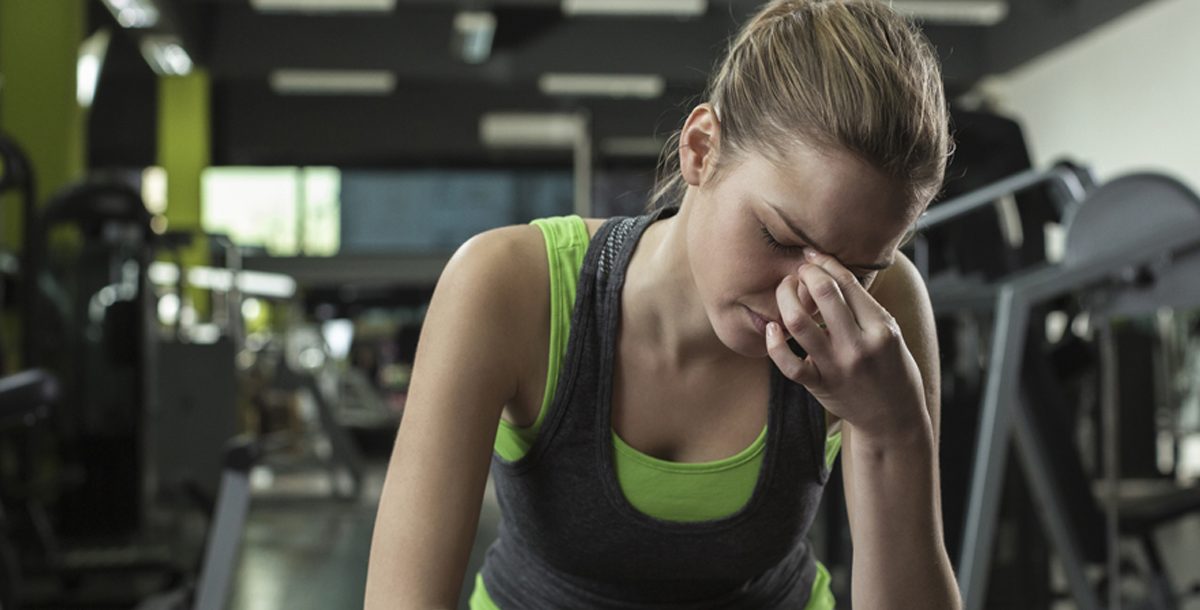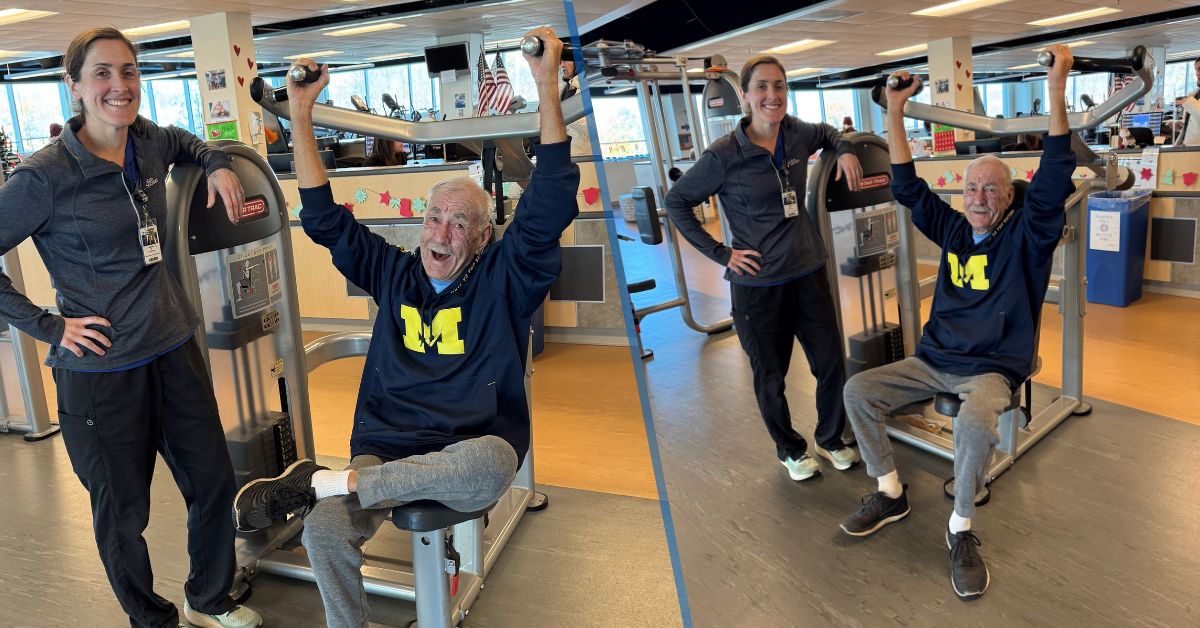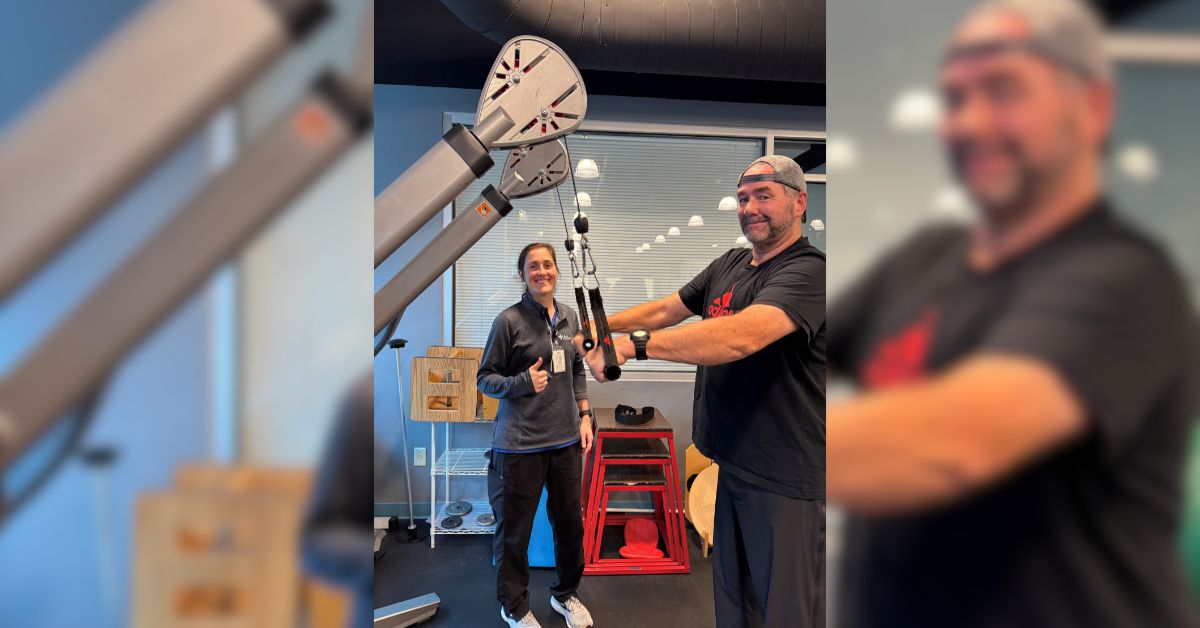Exercise is essential for staying healthy throughout your life. However, sometimes it can cause pain and discomfort, including headaches. These types of headaches are called exertional headaches and are usually a throbbing pain on both sides of your head instead of sharp pain in one area.
Prevent exertional headaches by making a few changes before, during and after your work out.
Warm up and cool down
Easing into your work out can help prevent headaches. This is especially important if you’re:
- New to exercise
- Returning after an injury
- Increasing your exercise to harder activities, such as weightlifting and intense running
Warm up for 10 or so minutes with stretching and light jogging or walking. This gets your body ready for more intense activity.
During your work out, tone it down if you’re getting a headache. This is especially true for exercise that makes you sweat a lot or get very hot.
Cooling down after exercising is important as well. It helps your body relax, which reduces the chances of getting a headache.
Stay hydrated
Your body is 60 percent water, so you need to replenish fluids you lose through sweat. Dehydration means you don’t have enough water in your body and is a major cause of headaches.
You can easily prevent dehydration by drinking water before, during and after exercise.
- Drink two or more cups of water an hour or two before you exercise.
- Carry a water bottle to replenish fluids as you sweat.
- After exercising, drink plenty of water to rehydrate.
An easy way to tell if you’re well hydrated is to check your urine. If your urine is dark-yellow or amber before exercising, put your work out on hold until after you drink several cups of water. Clear or light-yellow urine is a sign that you’re staying hydrated.
Add electrolytes
Electrolytes and fluids go hand in hand. If your body is low on water, it’s most likely low on electrolytes too. Electrolytes are minerals, such as sodium, calcium and magnesium, that your body needs to stay hydrated and have good muscle and nerve function.
You lose electrolytes through sweat and urine. Thus, if you’re going to work out, add electrolytes to your diet an hour beforehand. Then, take in more electrolytes every 15 or 20 minutes while working out. There are many capsules, gels and drinks available that contain electrolytes.
Watch your blood sugar
Your blood sugar level is also called your glucose level. Glucose gives you energy. If your glucose level is low when you exercise, you may get a headache.
Avoid this problem by eating a nutritious meal or snack an hour or two before exercising. This gives your body time to digest your food. Foods that contain complex carbs, fiber and protein work best.
Prepare for the conditions
Sometimes the weather or atmosphere can lead to exertional headaches. Exercising in very warm weather, very cold weather and at high altitudes is hard on your body.
Wear sunglasses or a hat in hot weather to shield your eyes and face. For cold weather, be sure you are bundled up, especially your head and ears. When you’re exercising at a higher altitude, take frequent breaks to make sure you’re getting enough oxygen.
In conclusion, you can prevent most exertional headaches by:
- Warming up and cooling down
- Staying hydrated
- Keeping electrolytes in your body
- Preparing before exercising in intense conditions
- Eating foods with complex carbs, fiber and protein before and after exercising
Learn more about the sports medicine services available at Bon Secours.





